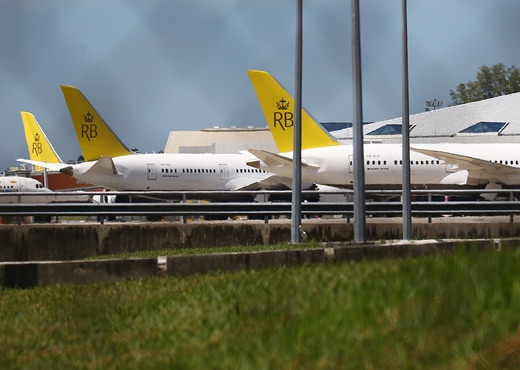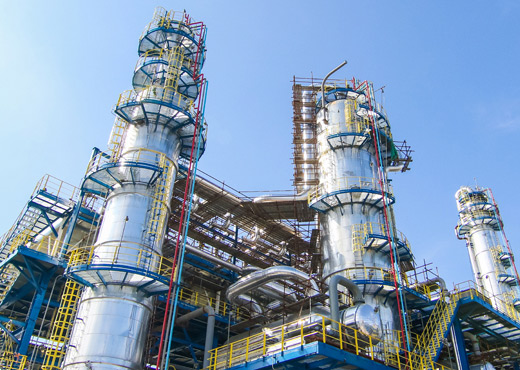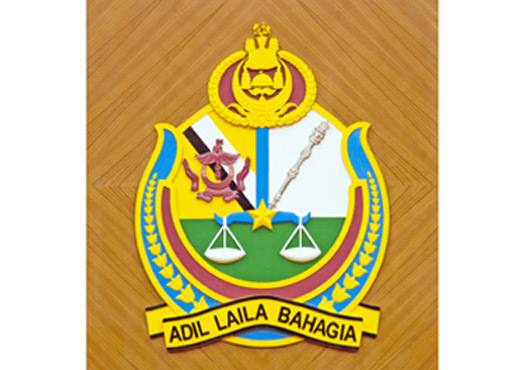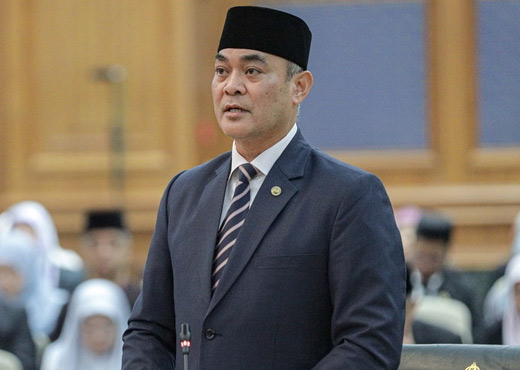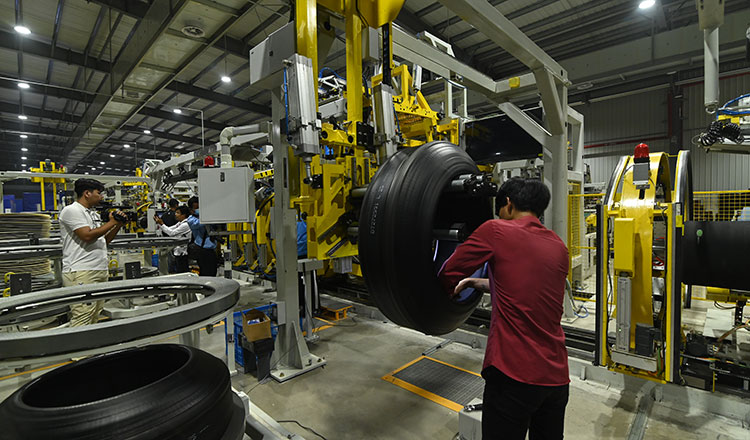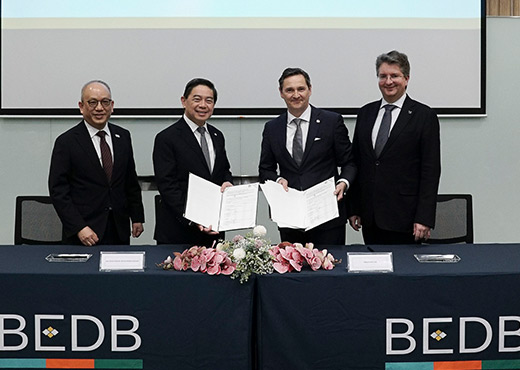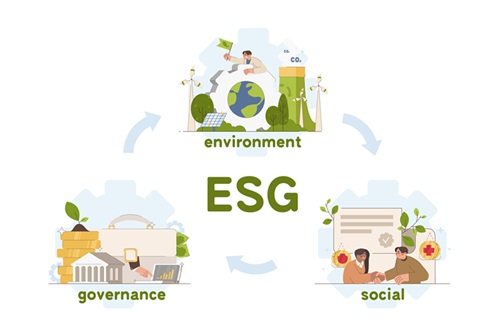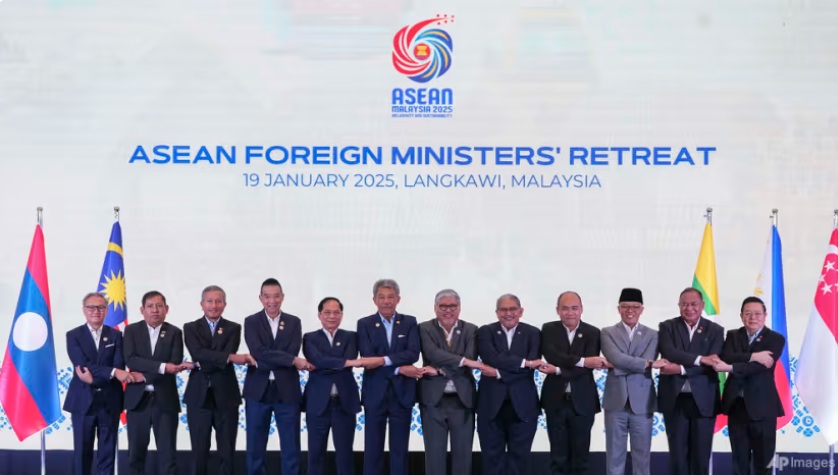A digital payments system and a power grid cutting across all members of the Association of Southeast Asian Nations (ASEAN) - Singapore's foreign affairs minister has singled these out as key in forging closer links among the regional bloc.
ASEAN states are cognisant that doubling down on such integration efforts - which were discussed during a meeting over the weekend - is becoming increasingly important as big power rivalry and other geopolitical risks deepen, potentially intensifying external economic pressures, added Dr Vivian Balakrishnan on Sunday (Jan 19).
"ASEAN cannot control the agendas of the superpowers, or indeed the larger world, but we can and should focus on integrating ourselves, strengthening our economies, our connectivity," said Dr Balakrishnan, who was speaking to Singapore journalists on the sidelines of the ASEAN Foreign Ministers’ Retreat in Langkawi from Jan 18 to Jan 19.
A hot war between Russia and Ukraine is stretching into its third year. The conflict between Israel and Hamas also continues, with a ceasefire deal delayed at the 11th hour.
Meanwhile, Donald Trump is on the eve of re-entering the White House, potentially intensifying an already heightened Sino-US rivalry. The businessman-turned-politician has dangled sweeping tariffs on all imported goods while also spouting undiplomatic talk of possibly reclaiming the Panama Canal and acquiring Greenland.
The ASEAN Foreign Ministers’ Retreat is the first high-level meeting hosted by Malaysia as the 2025 ASEAN Chair, under the theme “Inclusivity and Sustainability”. The two-day retreat was held at the Langkawi International Convention Centre.
DEEPENING ASEAN INTEGRATION
Dr Balakrishnan stressed that the retreat was an opportunity for ASEAN to prove that it has a “collective approach to getting things done” and cited its efforts to integrate digital payment systems as an example of the bloc's integration and potential.
Under Project Nexus, Singapore, Malaysia, Thailand, the Philippines and India have a collaboration between their central banks to create a global network for instant cross-border payments.
This is by linking their digital payment systems - Singapore’s PayNow, Malaysia’s DuitNow, Thailand’s PromptPay, the Philippines’ InstaPay and India’s Unified Payments Interface (UPI).
“In fact, ASEAN is taking the lead and our pioneering work in linking our payment systems to Thailand, Malaysia to India, Indonesia is also watching the space very closely. (This) Is another example of how ASEAN integration can often be a nucleus and working prototype of the future,” said Dr Balakrishnan.
Under the wider digital economy, ASEAN is looking to realise a bloc-wide pact, the Digital Economy Framework Agreement (DEFA).
Malaysia, as the 2025 ASEAN chair, has called on member states to reinforce their commitment to finalising the negotiation of DEFA by the end of 2025.
DEFA has been touted as the world’s first regional digital economy arrangement.
It aims to accelerate ASEAN’s transformation into a leading digital economy, fostering greater cooperation and paving the way for greater digital integration as well as inclusive growth and development.
ASEAN is the world’s fastest-growing Internet market, with around 125,000 new users coming on every day, according to the World Economic Forum. The bloc’s digital economy is projected to triple from around US$300 billion to almost US$1 trillion by 2030, according to Boston Consulting Group.
POWERING UP A REGIONAL GRID
Additionally, Dr Balakrishnan outlined that member countries also made progress in negotiations to establish an ASEAN power grid.
The bloc is discussing developing the current network into a completely integrated Southeast Asia power grid system to enable energy sharing and enhance cross-border electricity trade.
“We all have a collective commitment to make the system for the electrical grid more stable, more cost-effective, and more green. And we know that in designing these systems, the more you can raft different systems together, carefully and in a structured way, the better,” he said.
Dr Balakrishnan added that this is an example of a long-term project which represents an opportunity for the bloc to prove that it can take a collective approach in getting things done and requires the members to have reliable “regulatory regimes” and good “diplomatic ties”.
“That's why I view this as an important project. I view this as an important icon of ASEAN integration and of ASEAN potential for the future,” he said.
At the 2024 ASEAN Summit in Laos, Singapore Prime Minister Lawrence Wong said that in order to achieve the planned ASEAN power grid, member countries needed to establish clear regulatory and commercial frameworks for cross-border energy trade.
Mr Wong added that as ASEAN works towards creating a framework for subsea power cable development by the end of 2025, it can take reference from the existing regional one for fibre-optic cables which is already in place.
The bloc should also leverage interest from the World Bank, Asian Development Bank and other external partners, to bring in financing for the regional power grid, which he called a “critical project”.
ASEAN WILL MAKE “NECESSARY ADJUSTMENTS” TO TRUMP’S POLICIES
Speaking with Singaporean journalists, Dr Balakrishnan also spoke about ASEAN’s approach to external pressures amid global geopolitical tensions, stressing that the bloc must engage “all major powers in an omnidirectional principle”.
“A deliberate and careful way - careful so that we don't become ensnared and tangled in superpower contestation, but at the same time, we maximise our strategic latitude, our right to choose our own destinies, and to do so by making common cause by adherence to long-held principles which lead to fairer and equitable and constructive outcomes for all of us,” he explained.
Ahead of Trump’s inauguration and the prospect of more protectionist policies from the world’s biggest economy, Dr Balakrishnan was also asked if ASEAN was ready to deal with this shift in one of its key partners.
“You first have to ask yourself why America is apparently changing direction, and … it's got to do with their own domestic sense of opportunity, of fairness and preparedness for the future,” responded Dr Balakrishnan.
The Singapore foreign affairs minister added that the US has to “sort out its own domestic political policy arrangements” in order for it to have the confidence to deal with the rest of the world.
“So we should not get into a labelling or pejorative exercise. President Trump will be inaugurated tomorrow (Jan 20). We look forward to his inauguration, and to the policies, and we will have to make the necessary adjustments even as he makes changes to his policies,” he added.
During his first term in office, Trump imposed heavy tariffs on Chinese goods, prompting a trade war. China is a key trading partner for many Southeast Asian nations.
Trump has indicated plans to impose 10 per cent to 20 per cent tariffs on all imported goods upon re-entering the Oval Office, with the rate upwards of 60 per cent on goods from China.
Analysts have warned that Trump making good on his tariff threats would not just hurt American consumers and businesses, but also roil the international economy as other countries retaliate. The US is ASEAN’s second-largest trade partner, after China.
Source: Channel News Asia (Link Here)



